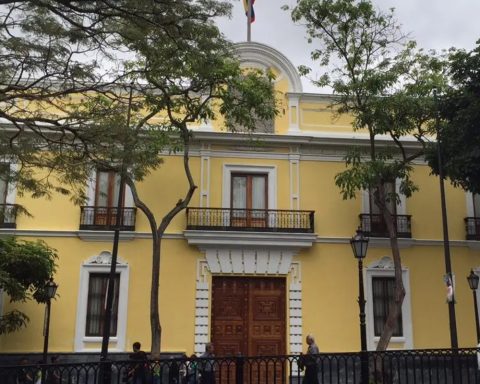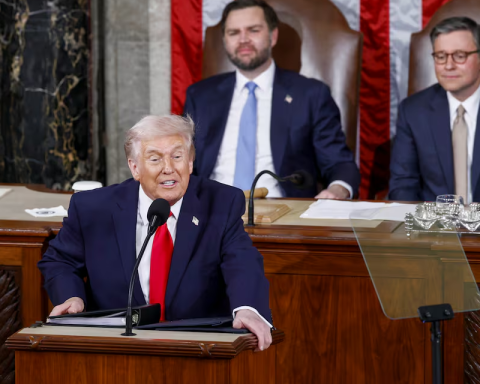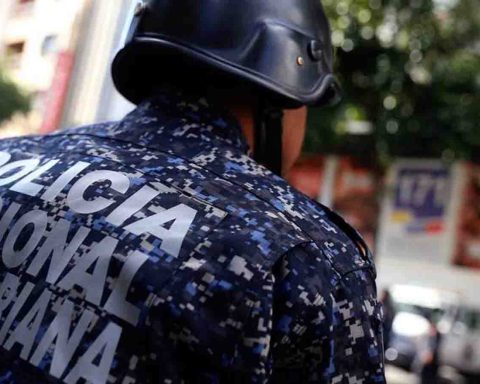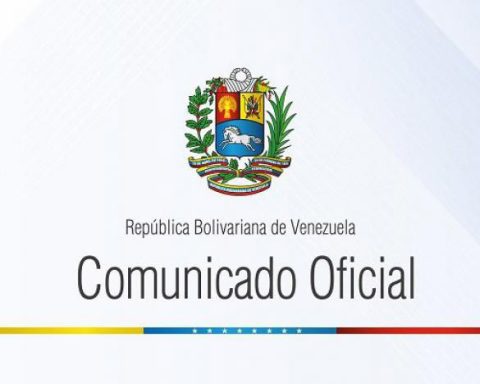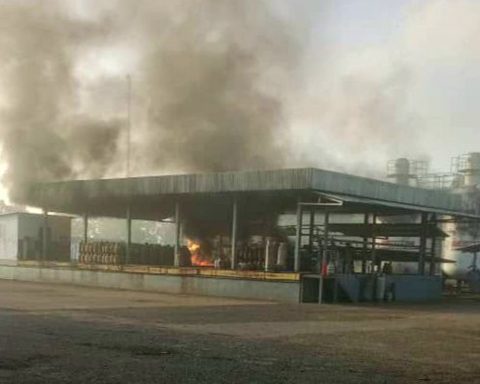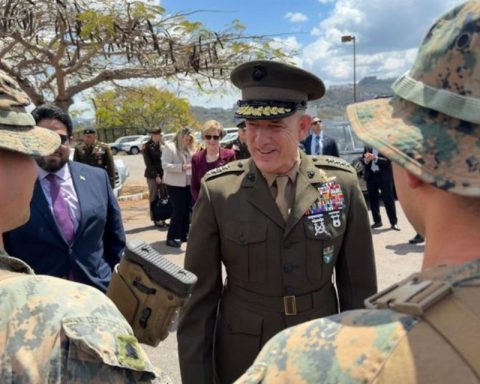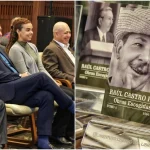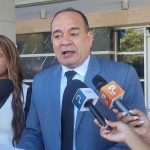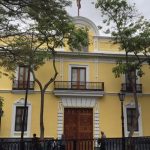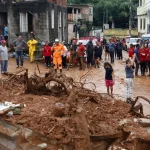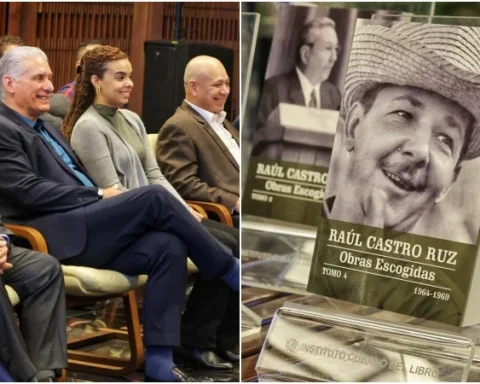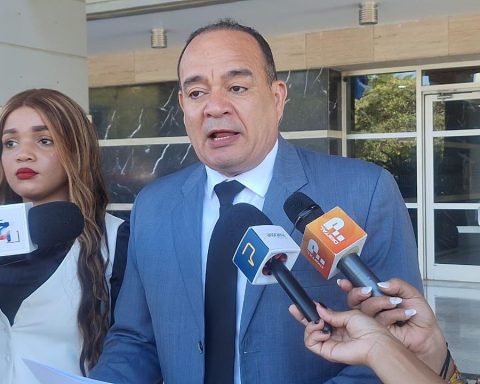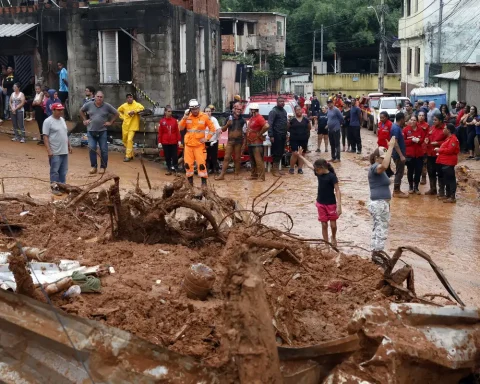In his speech before the UN Human Rights Council, Türk referred to the political disqualifications imposed administratively against opposition candidates to the primary
The United Nations High Commissioner for Human Rights, Volker Turk, presented this Wednesday, July 5 in Geneva an update on the situation of Human Rights in Venezuela.
In his speech before the UN Human Rights Council, Türk referred to the political disqualifications imposed administratively against opposition candidates.
«The electoral processes that are going to be held shortly in Venezuela must be transparent, inclusive and participatory. I urge the lifting of all undue restrictions on the right to participate in public affairs, full compliance with due process, and the establishment of measures to prevent and punish attacks, intimidation, and criminalization of people who express dissent.”
He stressed that his office “has received information about the obstacles to free participation in political issues, including administrative disqualification of members of the opposition who are prohibited from holding office.”, he claimed.
Likewise, he affirmed that he has received information about the obstacles to free participation in political issues “including administrative disqualifications of members of the opposition who are prohibited from taking office,” he detailed.
*Read also: UN High Commissioner urged the Maduro government to lift the bans
Regarding the deaths that occurred in the context of the protest , the high commissioner said that “There have been long delays in investigations into deaths during the demonstrations that took place in the years 2014, 2017 and 2019. Likewise, of the 101 deaths that my office documented in the context of security operations, only eight have been prosecuted.”
He reported that through the approach of a recommendation by his office for the elimination of discrimination against women, the Attorney General’s Office agreed to develop a protocol for the investigation of murders for gender reasons (feminicides,)
“I encourage further action to promote women’s rights, including as restrictive abortion legislation is amended.”
During the celebration of the 53rd Ordinary Period of Human Rights Sessions, the high commissioner called on the Government to “release all those who are illegally or arbitrarily detained, including 16 people whose detentions were considered arbitrary by the Group of Arbitrary Detention Work”, as well as the release of people whose preventive detention has exceeded the legal limit.
*Read also: Maduro’s government has failed to comply with 180 recommendations made by UN mechanisms
Regarding the case of Javier Tarazona, director of the NGO Fundaredes, Volker Türk, said he was “concerned about the human rights defender and leader, who has been detained for two years and who is supposedly in a very poor state of health; his trial is ongoing. I urge the full resolution of these issues and that all the recommendations in my report be followed up to expedite the fair and independent administration of justice.”.
He stressed that his office is willing to accompany him in this work.
On public information, as well as freedom of expression, the high commissioner said that “They are also worrying, including the closure of 16 radio stations nationwide”. He highlighted that in his office they continue to document cases of undue restrictions on the registration of NGOs that work in defense of human rights.
In this regard, the senior official stressed the need to “reform legislation in this and other areas to bring it in line with international standards, in order to strengthen freedom of association and create an enabling environment for the participation of public associations in public life.”
labor protests
The high commissioner reported that the demonstrations and protests continue during the period covered by the report, focused on demands and requests for social and economic rights, better salary conditions.
“The arrest last month of two Sidor trade unionists on charges of incitement to hatred, criminal association and boycott is one of the cases of grave concern. In addition, the ongoing trial of six labor leaders and trade unionists charged with conspiracy and criminal association for a year, are also related to labor protests,” said the UN official and urged the government and employers’ associations “to respect the fundamental rights of unions and workers”.
Likewise, he expressed his concern about the situation of “criminalization” of the leaders of the indigenous peoples, “due to the threats, including the murders of peasant leaders for defending land rights and denouncing corruption.” He stressed that measures need to be taken to protect these rural leaders and to investigate all these alleged crimes.
Post Views: 299
